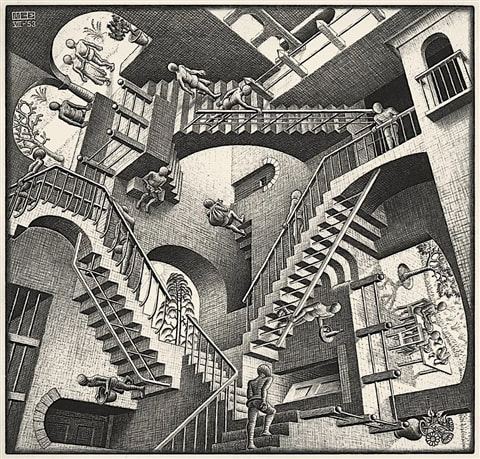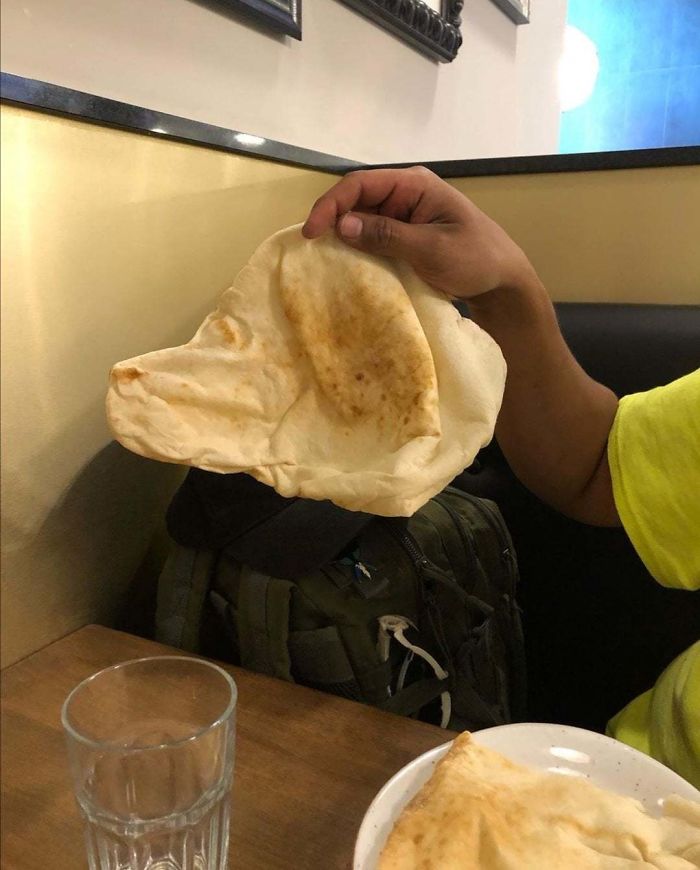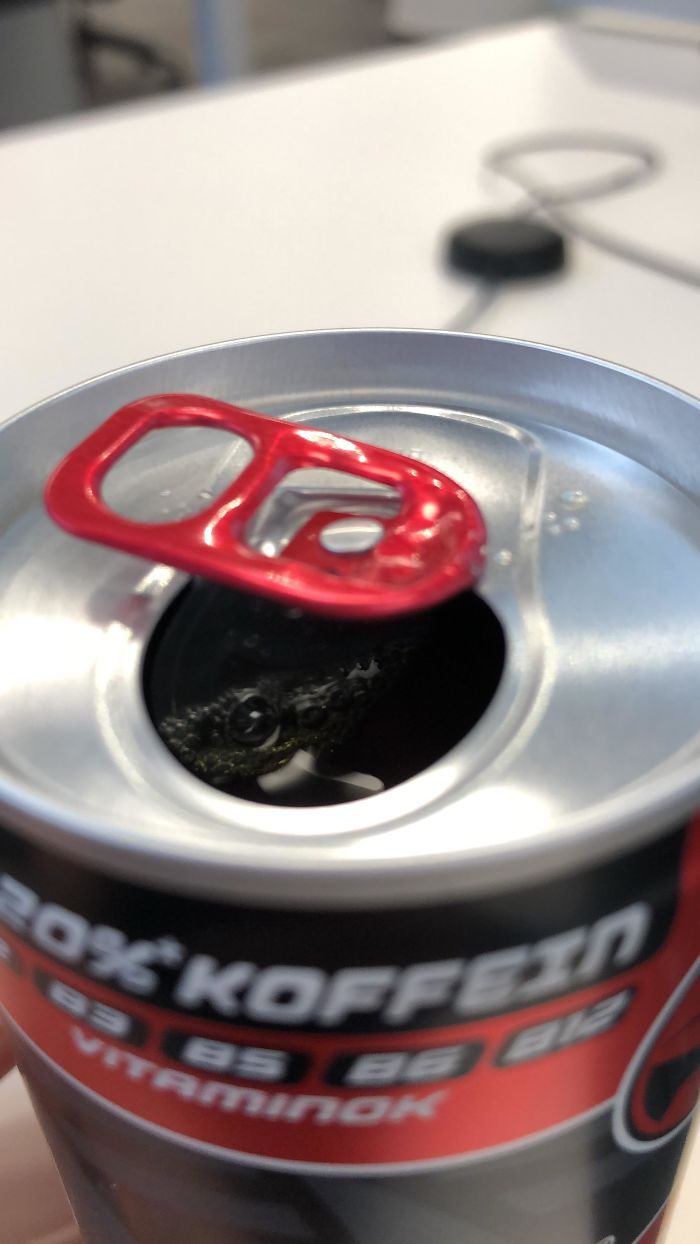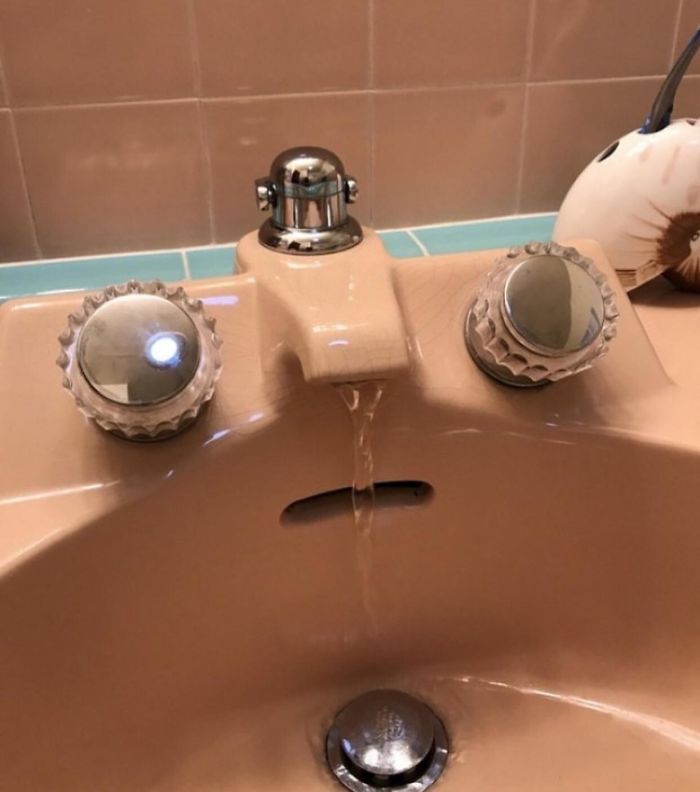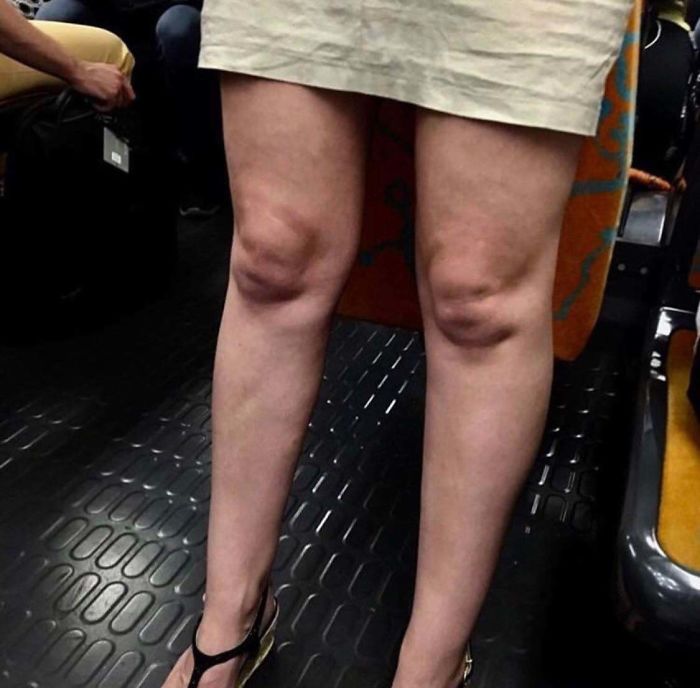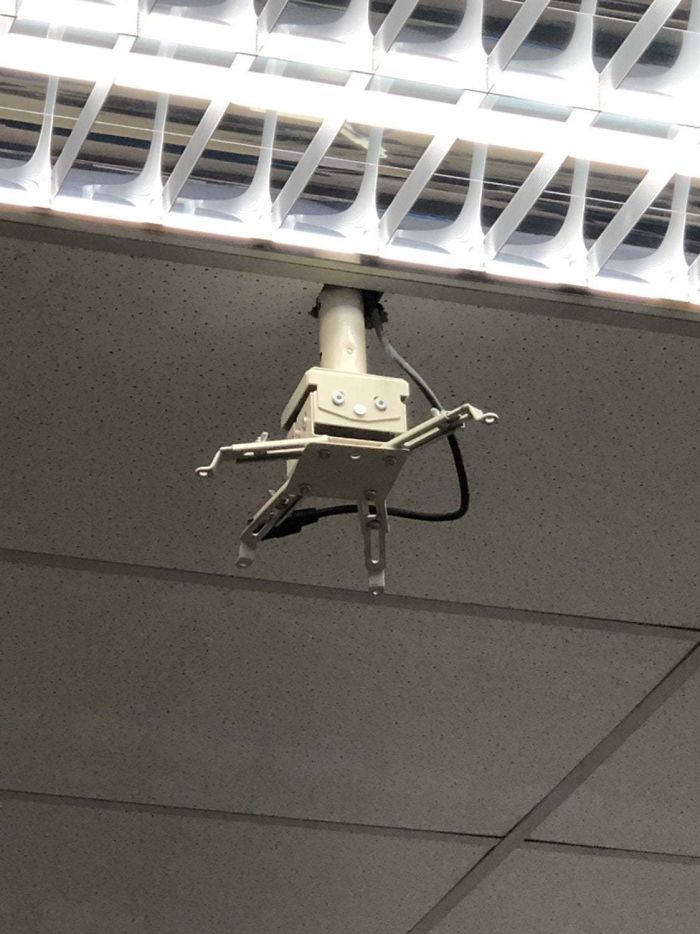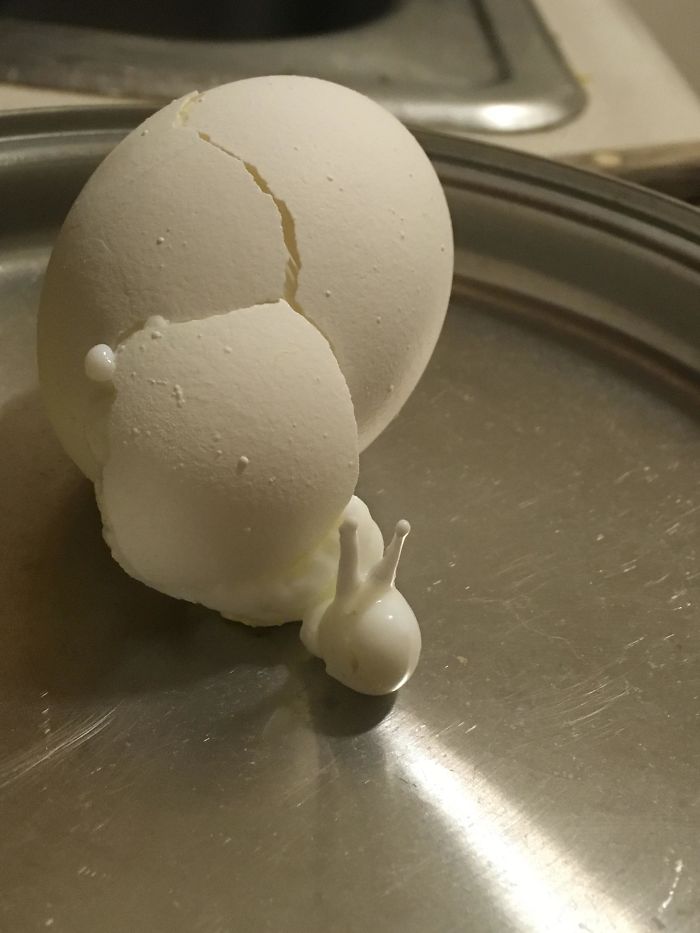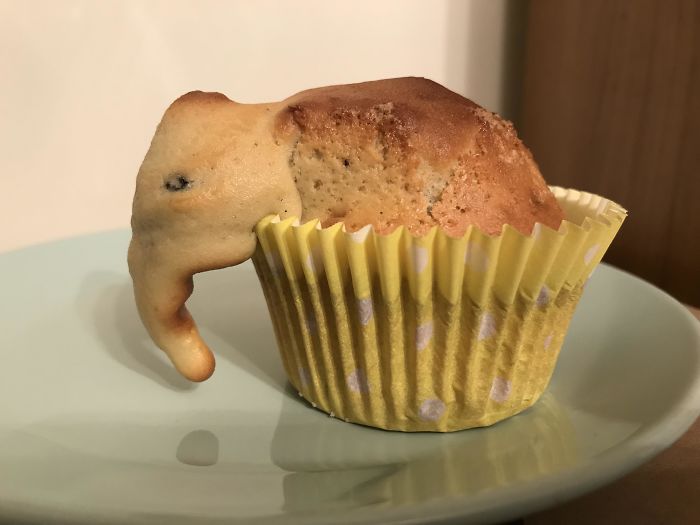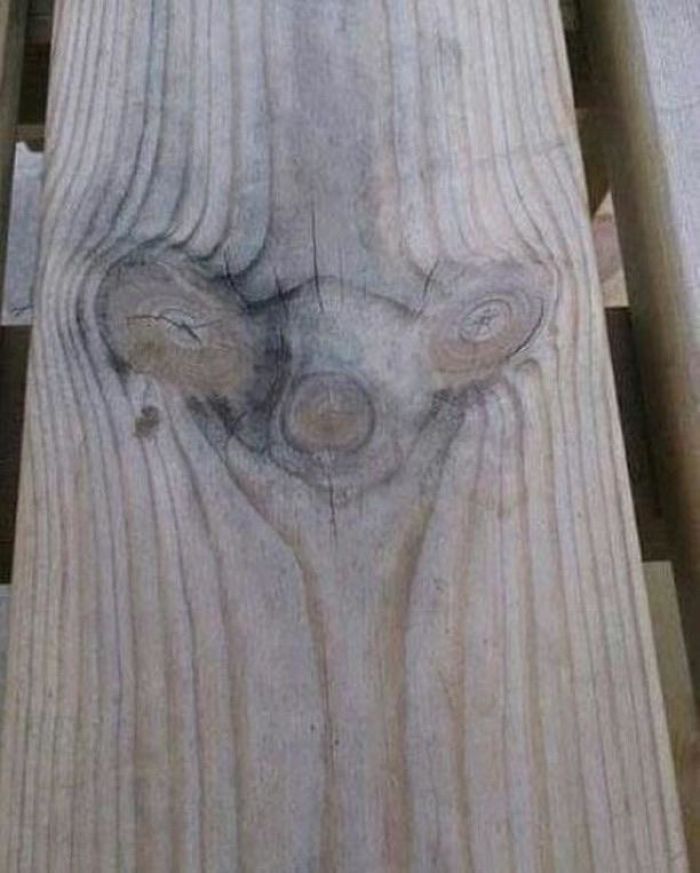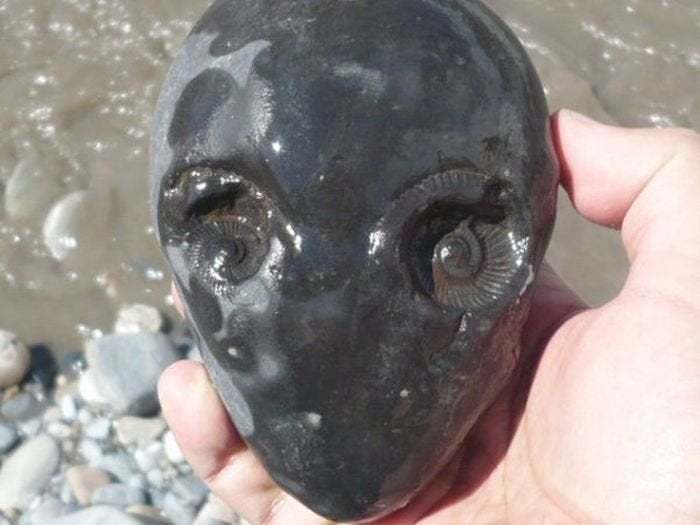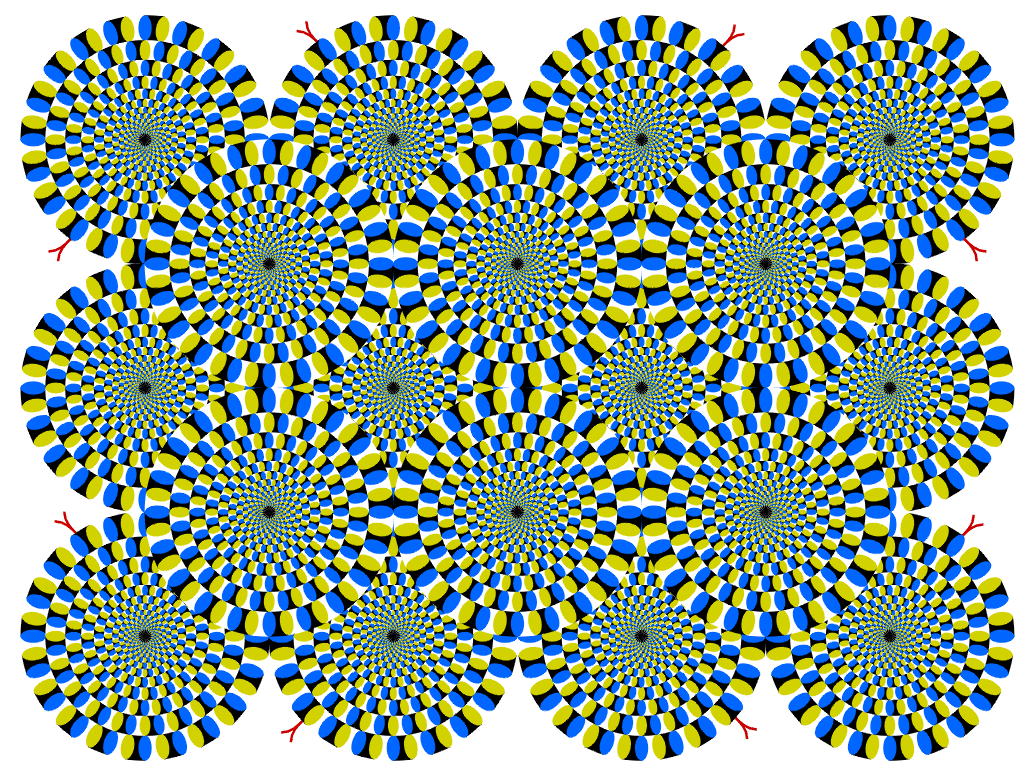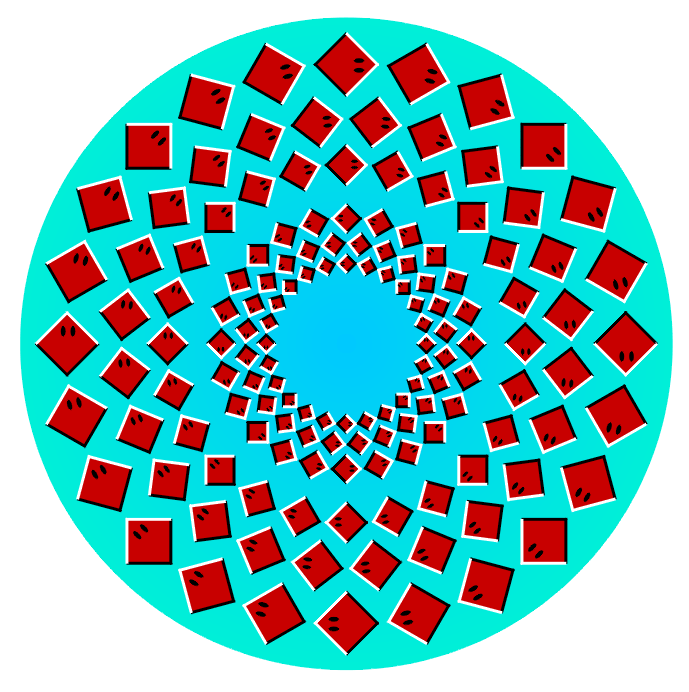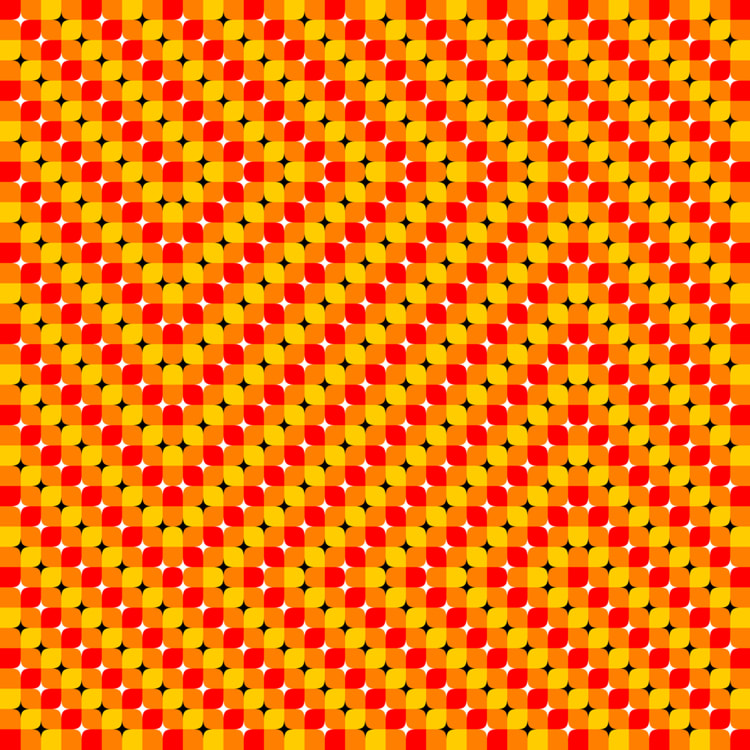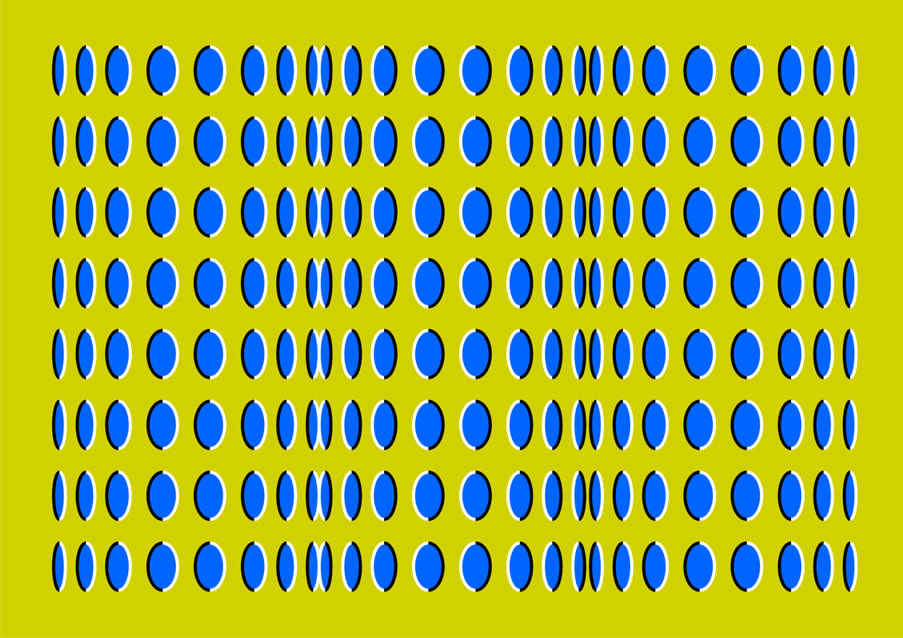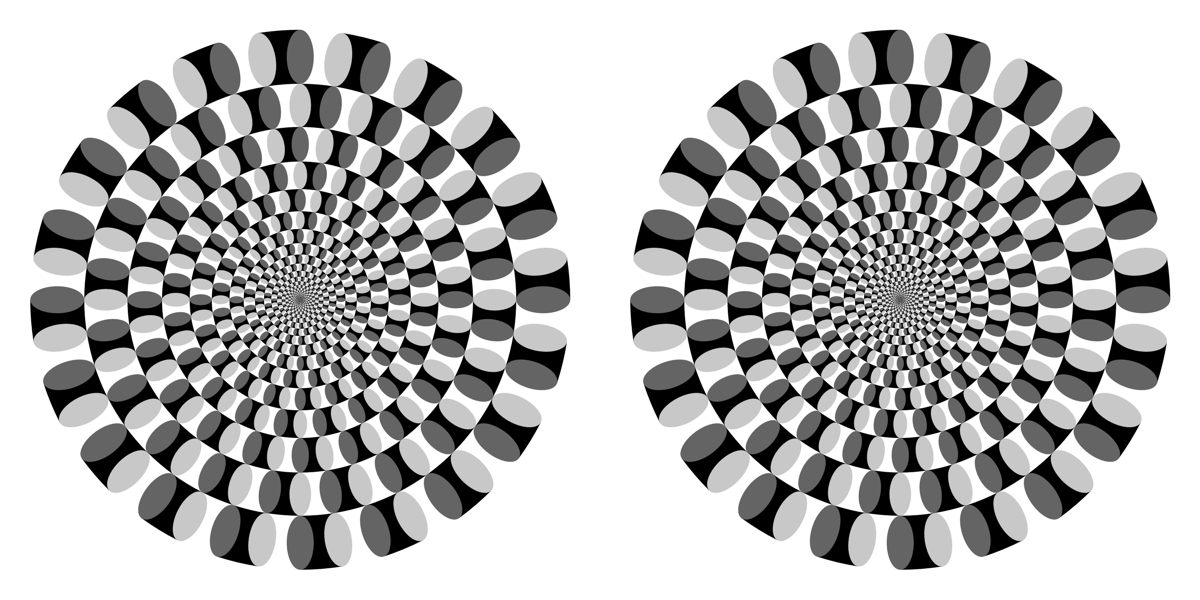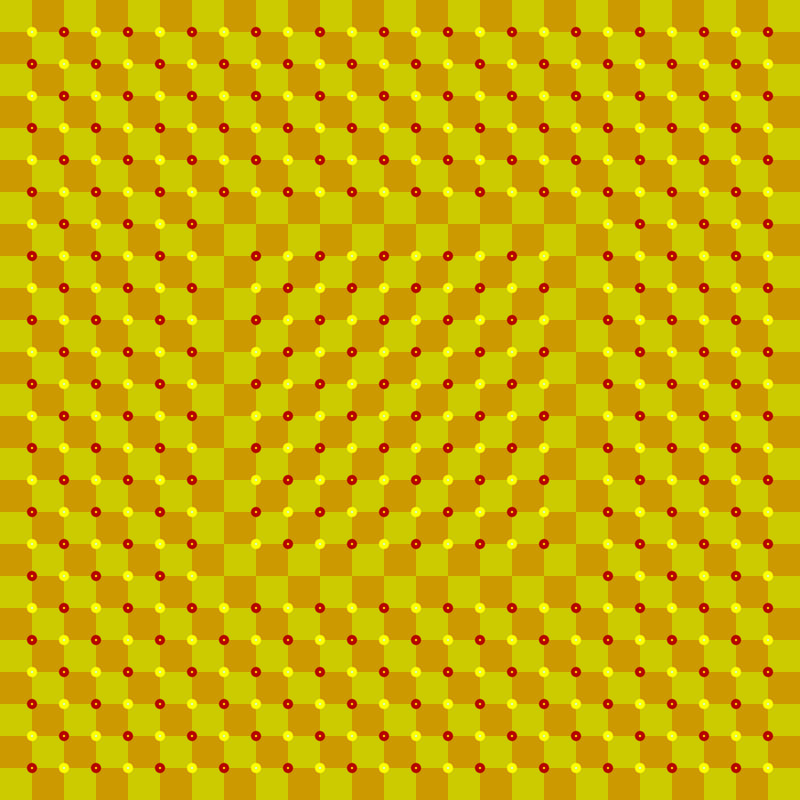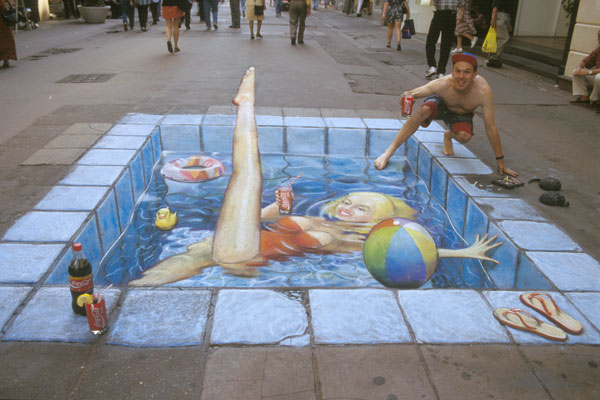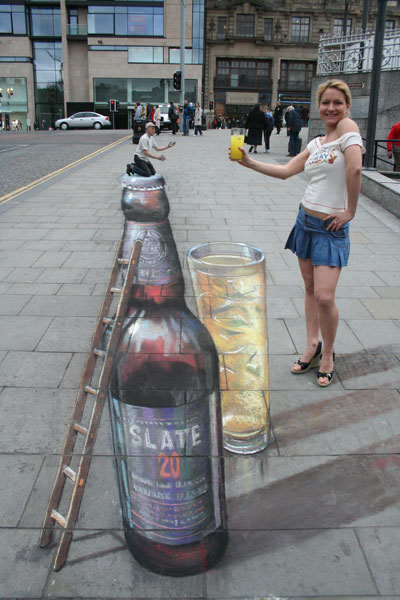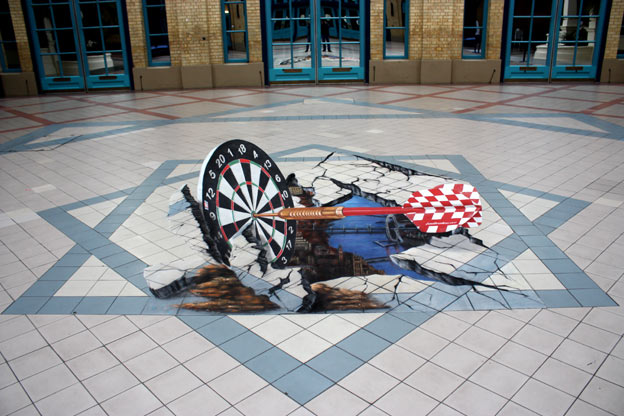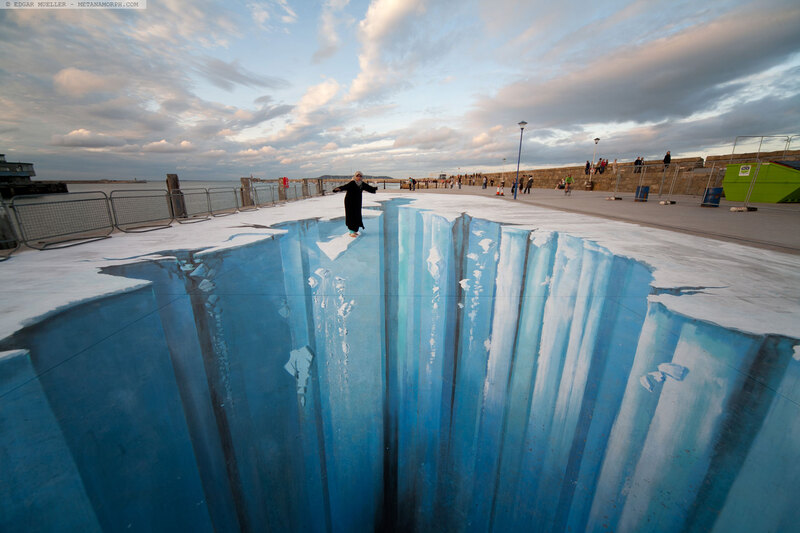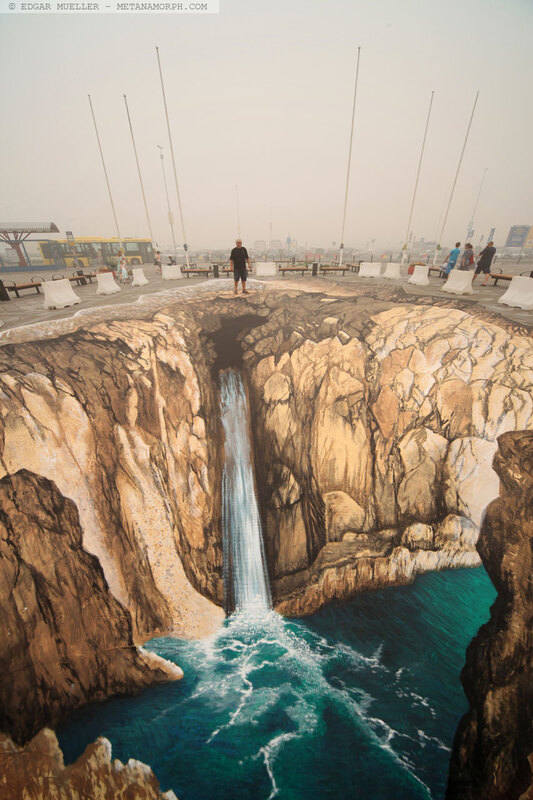Lesson 3 - How do I know what is real?
|
This lesson is focused on how we depend on our senses to know the world.
Sense perception is sensation and interpretation. We are usually not aware of the interpretation - system 1 again - as our five+ senses pick up sensations from the world and our minds interpret those sensations. Rather than passively reflect reality, sense perception actively structures reality. What you see is not what there is. In the lesson we are going to focus on the sense of sight and the concept of gestalt. Gestalt is a German word for form or shape. We are bombarded by physical stimuli all day long. The mind sorts out this chaos and gives it meaning by perceiving objects as organised patterns and objects. 1.The human species has evolved a mind capable of turning the chaos into meaning. Good for survival.
2.The human life experience teaches through empirical experience. You learn the rules as you grow up. |
Further reading and resources
Sense perception in general
The University of Glasgow's Illusions Index is a great place to start www.illusionsindex.org
Serendip Studio which began life in Bryn Mawr College has great practical examples serendipstudio.org/bb/
The University of Glasgow's Illusions Index is a great place to start www.illusionsindex.org
Serendip Studio which began life in Bryn Mawr College has great practical examples serendipstudio.org/bb/
|
|
|
Pareidolia - A scientific explanation from the BBC www.bbc.com/future/article/20140730-why-do-we-see-faces-in-objects and recent research (2021) in Australia.
Motion illusions
Professor Akiyoshi KITAOKA, Ritsumeikan University, Osaka, Japan www.ritsumei.ac.jp/~akitaoka/index-e.html
Professor Akiyoshi KITAOKA, Ritsumeikan University, Osaka, Japan www.ritsumei.ac.jp/~akitaoka/index-e.html
3D illusions
|
Julian Beever - julianbeever.net
|
Manfred Stader - 3d-street-art.com
|
Edgar Mueller - metanamorph.com
|
Brusspup visual illusions - www.youtube.com
|
|
|
|
Audio perception
|
McGurk audio illusion
|
Do you hear Yanny or Laurel?
|
Do you hear a sound?
|
|
|
|
|
The 'other' senses
|
|
|
|
Concluding extra challenges
|
|
|
|

